Date: 17 September 2015
Due to NEXTREMA®’s special production process six different glass-ceramic material options can be obtained. The economical sheet production process enables the production of large sheets in a thickness range of 2 mm – 8 mm. Especially when costs or limitations in plate sizes of high performance materials like fused silica or technical ceramics have been a restricting factor, NEXTREMA® will be a welcome alternative to generate new product ideas and innovations. The material will even have a lasting impression on designers and end consumers. Six attractive glossy design options and color impressions will give technical functionality a new look..jpg)
NEXTREMA®’s material platform will surely impress you with its versatility and unique combination of properties.
NEXTREMA®’s unique combination of properties at a glance:
- Availability of large sheets of up to 1950 mm x 1100 mm in thicknesses from 2 mm – 8 mm
- Near-zero coefficient of linear thermal expansion
- 6 unique transmission profiles in visible and infrared range
- Operating temperature up to 950°C
- A high intrinsic mechanical strength of up to 168 MPa
- A thermal shock resistance of up to 820°C
- Excellent chemical resistance
The six glass-ceramic types
Transparent (724-3)
Translucent white (724-5)
Opaque white (724-8)
Tinted (712-3)
Translucent bluegrey (712-6)
Opaque grey (712-8)







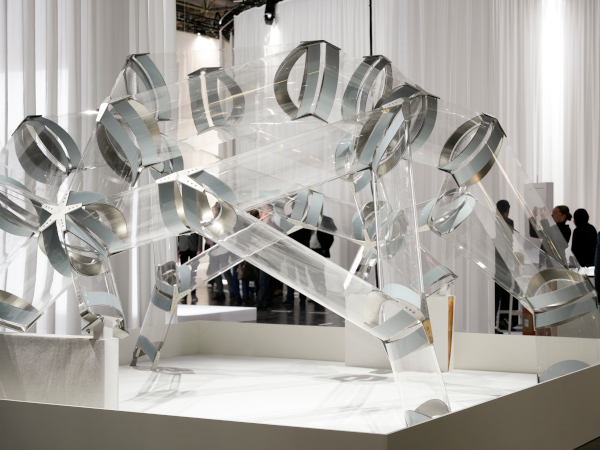

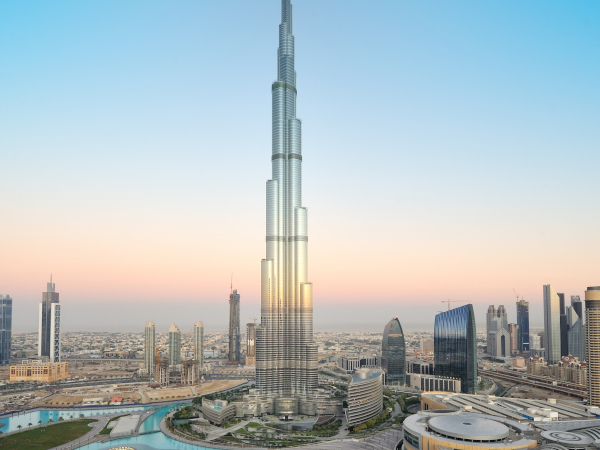

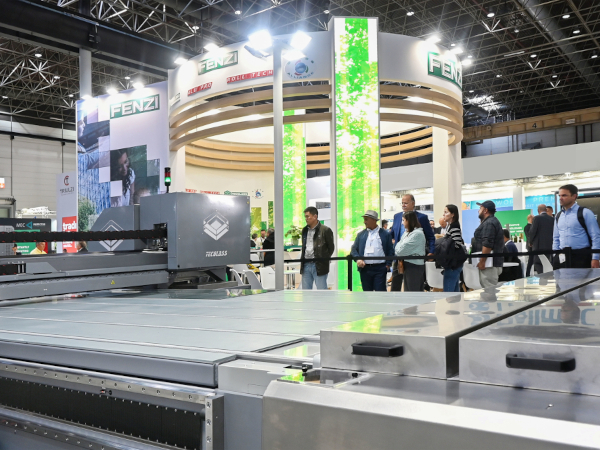
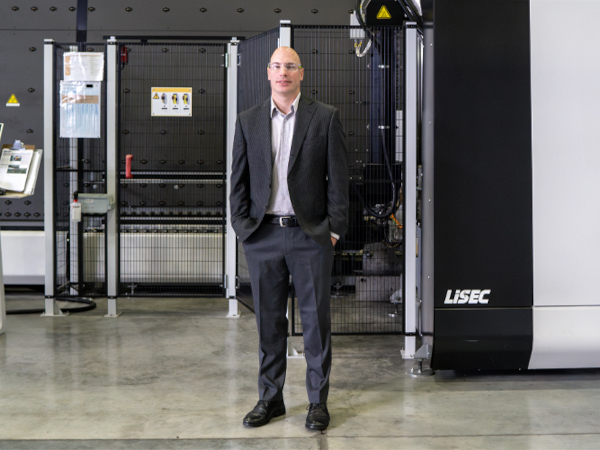
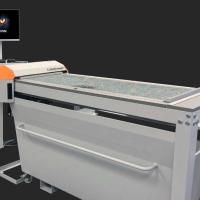
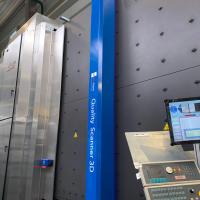
Add new comment